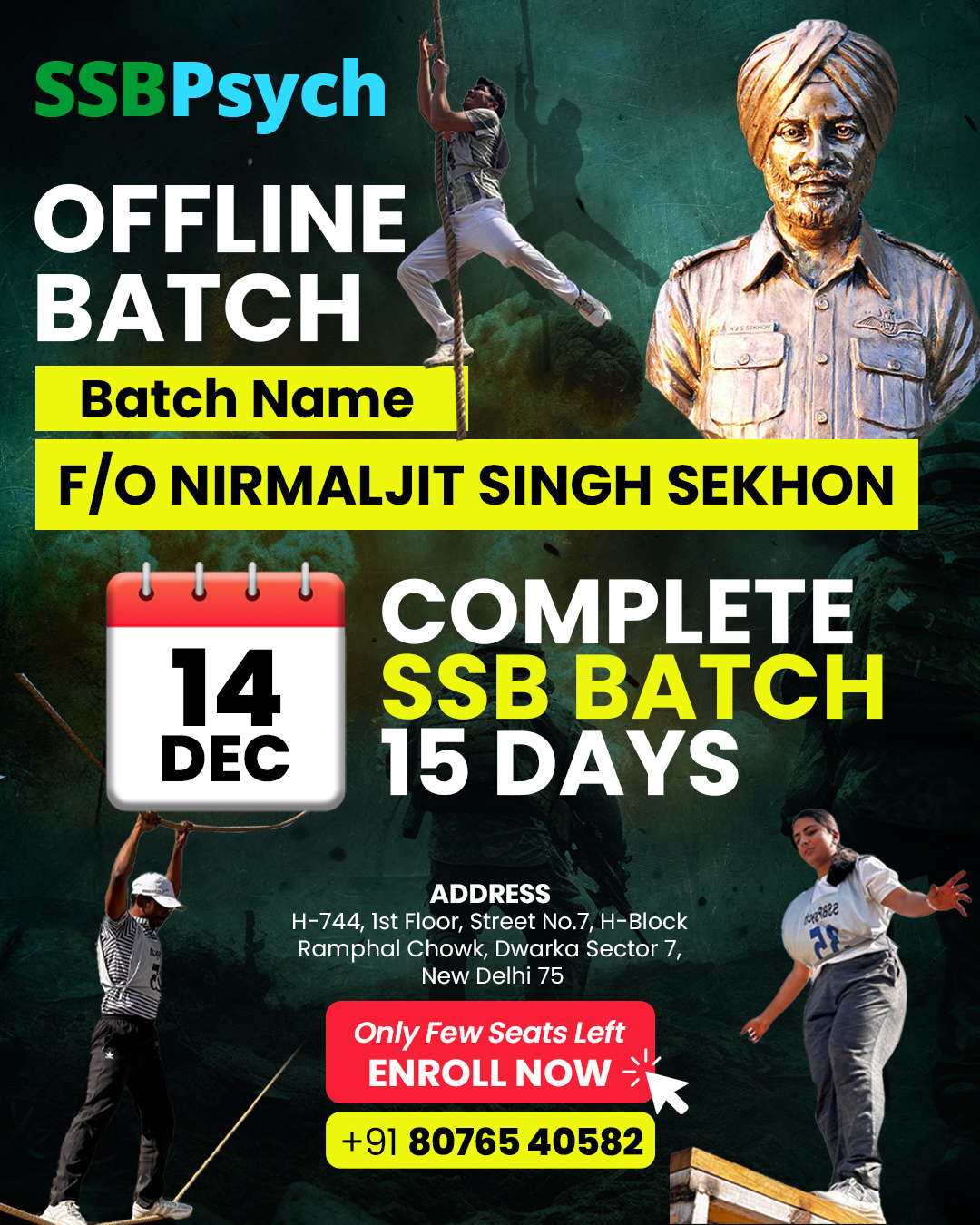
Tanks of Indian Army
Whether it was in Zojila (1947), in Asal Uttar (1965) or in Basantar (1971), the tanks have always proved their might and worth. They always stood as a game changer and turned the face of war. In this particular article, we are going to discuss the various armored vehicles of the Indian Army.
Difference between a Tank and Infantry Fighting Vehicle:
At first look it is not easy to tell a difference between a Main Battle Tank (MBT) and Infantry Fighting Vehicle (IFV). The basic difference lies in the role. A MBT’s role is to break through the enemy defense line and destroy the enemy positions and equipment with heavy fire. It has comparatively a more robust armament and a more powerful weaponry. On the other hand, the main role of an IFV is to carry the regular infantry troops in the battlefield for quick action with less casualty. They consist of arms to provide fire support for the movement.
Main Battle Tanks:
T-90 ‘Bhishma’

- Origin: Russia
- Manufacturer: Uralvagonzavod (Russia) and Heavy Vehicles Factory (India)
- Induction: 2001
- Variants: T90S and T90M
- Armament: 125mm smoothbore (main armament) and 12.7 mm Heavy Machine Gun and 7.62 PKT (secondary weapon)
- Mass: 46 tonnes
- In service: 2078
T-72 ‘Ajeya’

- Origin: Soviet design
- Manufacturer: Uralvagonzavod (Russia) Heavy Vehicles Factory (India)
- Induction: 1981
- Variants: Ajeya Mk1 and Ajeya Mk2
- Armament: 125mm smoothbore (main armament) and 12.7 mm Heavy Machine Gun and 7.62 PKT (secondary weapon) and 6 smoke grenade-launchers on each side (Ajeya Mk2).
- Mass: 46.5 tonnes
- In service: 2500 (approximately)
Arjun MBT

- Origin: Indian
- Designer: Combat Vehicles Research and Development Establishment (DRDO)
- Manufacturer: Armored Vehicles Nigam Ltd.
- Induction: 2004
- Variants: Arjun Mk1, Arjun Mk1A, Arjun Bridge Layer Tank, Arjun Catapult System and Arjun ARRV.
- Armament: : 120mm smoothbore (main armament) and 12.7 mm Heavy Machine Gun and 7.62 PKT (secondary weapon) 12 smoke grenade-launchers on each side.
- Mass: 58.5 tonnes
- In service: 141
Infantry Fighting Vehicles:
BMP2- ‘Sarath’: Boyevaya Mashina Pekhoty

- Origin: Russian
- Manufacturer: Kurganmashzavod Ordnance Factory, Russia (initially) and Ordnance Factory Medak, India (presently)
- Induction: 1987
- Crew capacity: 3+7 (passengers)
- Armament: 30 mm 2A42 dual-feed cannon, a 7.62 mm PKT coaxial machine gun and a roof-mounted Russian Tula 9K113 Konkurs.
- In service: More than 1500
Abhay (to replace BMP2)
- Origin: Indian
- Designer: DRDO
- Manufacturer: Ordnance Factory Medak, India
- Induction: In advance stage of development
- Crew: 3+7 (passengers)
- Armament: 40mm L/70 autocannon, 30mm automatic grenade launcher, 7.62 PKT, 2 Milan ATGM
Upcoming Acquisitions:
- In September, 2021, the Ministry of Defense placed an order to acquire 118 Arjun Mk1A MBT. The tanks will be manufactured by Heavy Vehicles Factory (HVF) in Avadi, Chennai.
- In 2021, the Army also put forward a Request for Information (RFI) to procure 1700 Future Ready Combat Vehicles. These will replace the soviet era T-72.
The Indian Army at present stands at various fronts and gracefully handling the challenges thrown by our neighbours. With more futuristic all-terrain and all-weather armored vehicles, the Army will have a boost in strength to deal with any matter at any front, with a blast!







